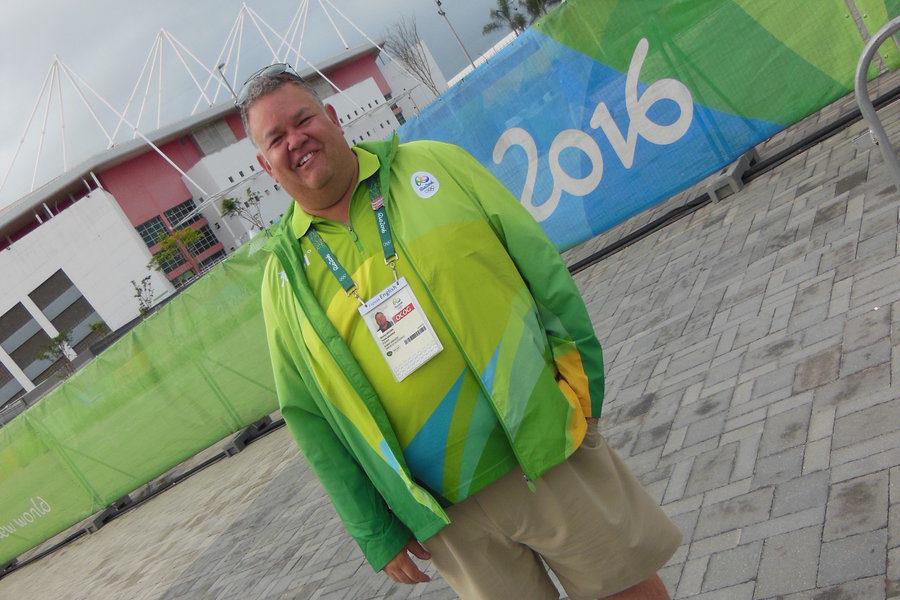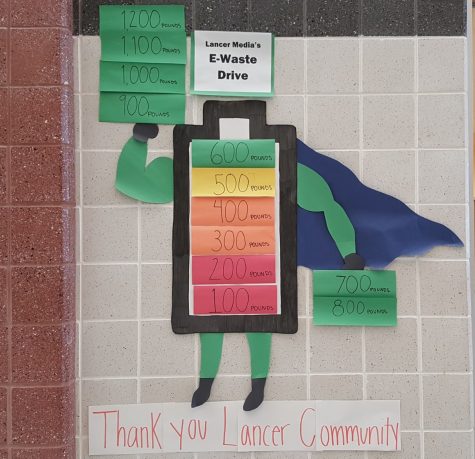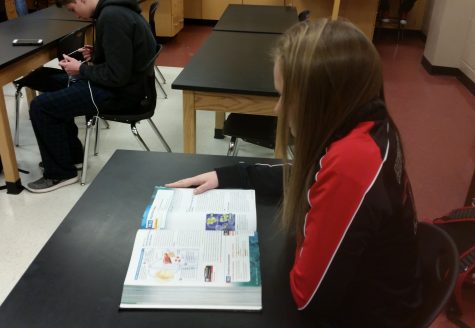Brown volunteers in Rio and “gives something back” to the games
Jeremy Brown volunteers in the 2016 Rio Olympic games.
September 26, 2016
The 2016 Summer Rio Olympics was a major success for countries all over the globe. Anita Wlodarczyk of Poland broke the world record with her amazing hammer throw; Justin Rose of Great Britain shot the first ever hole-in-one in Olympic history; and Ibtihaj Muhammad of the United States became the first U.S. athlete to compete while wearing a hijab.
The Olympic games don’t just help countries come together as a whole, but also they inspire the people within these countries.
Work Study Coordinator and Student Government Adviser Jeremy Brown was able to volunteer in the Rio Olympics. He experienced the Olympic culture and worked with people from China, Brazil, Sweden, Australia, and Mexico.
This was Brown’s first time volunteering; however, he has been to previous Olympic events as a spectator, including the London, Athens, and Atlanta summer games. Brown said that going as a volunteer was a very different experience because he was there “not to get something out of it, but to give something to it.”
Brown was glad he could be there to share the experience with everybody and said, “For many of them [spectators], this is the only time in their lives they are going to do something like this…felt cool to be a part of that.”
The on-location experience is significantly different from watching the events through a screen. Brown didn’t experience the backstories, recaps, and media hype. He just watched the competition: in his case, he had tickets to some tennis and golf events.
Along with all the other 50,000 volunteers, Brown went through a long vetting process. The volunteer process begins about two years beforehand with background and security checks, and then moved to test each candidate’s customer service skills, as well as a language assessment.
Just before volunteers are approved, they are required to complete an online Skype interview. Each volunteer then goes through mandatory training before they are assigned specific jobs just six months in advance of the event.
Brown was selected to volunteer in the Security and Ticketing department, greeting spectators as they walked through the gates. There, he was required to work 9-hour shifts and commute an hour each day.
Brown said that even though the long process is a big commitment, “It’s definitely something worth doing.”
Although transportation, expenses, and housing were up to him, Brown was given several uniform pieces and provided with meals while on duty.
If you would like to help put on the Olympics and volunteer for the 2020 Tokyo Olympics, visit the Olympic website sign up this Spring!












